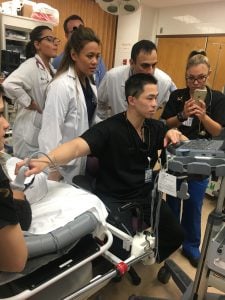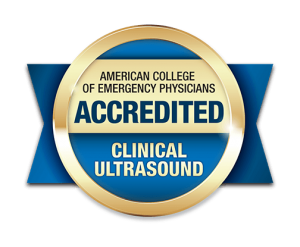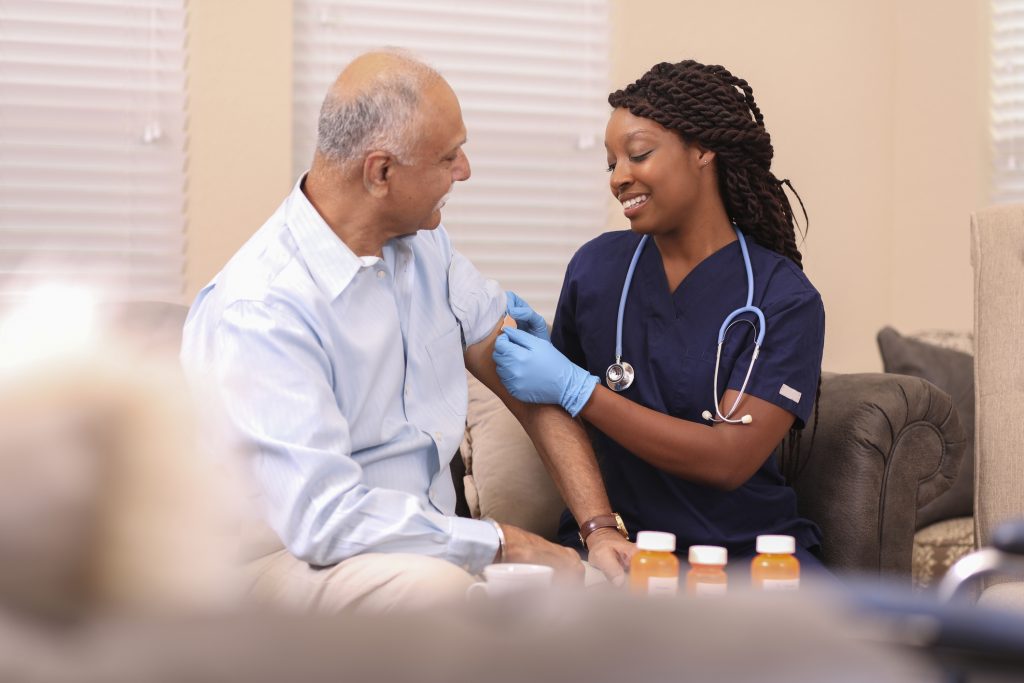
Winter is the most common time of year for someone to develop a fever. With that in mind, Jamaica Hospital Medical Center wants to provide you with the following fever facts.
A fever is a temporary increase in your body’s normal temperature range, (36–37° Centigrade or 98–100° Fahrenheit).
Symptoms associated with a fever may include:
- Sweating
- Chills and shivering
- Headaches
- Muscle aches
- Loss of appetite
- Dehydration
- General weakness and lethargy
- Increased sensitivity to pain
While the reason most often associated with developing a fever is an infection
(viral or bacterial), there are other potential causes, including:
- Heat exhaustion
- Dehydration
- Certain inflammatory conditions such as rheumatoid arthritis
- Side effect resulting from certain medications
- Reaction to certain immunizations
- Alcohol or drug withdrawal
- A malignant tumor
- Sunburn
There are many different types of thermometers that can be used to determine if a fever is present, including an oral (mouth), tympanic (ear) or temporal artery (forehead) type of thermometer. However, when taking an infant’s temperature, it is best to use a rectal thermometer.
It is important to take your temperature when you are at rest as physical activity can raise your temperature.
Taking fever-reducing over-the-counter medications, such as acetaminophen or ibuprofen is one of the simplest and most effective ways to bring down a fever. Other things you can do to reduce fever include drinking more fluids and taking a bath in comfortable-temperature water. Applying cool compresses can also relieve fever symptoms.
Fevers by themselves may not be a cause for alar or a reason to call a doctor. Yet there are some circumstances when you should seek medical advice.
- Infants – Contact your doctor if your baby is under three months and has a temperature of 100.4 F (38 C) or higher if your baby is between three-six months old and has a temperature of over 102 F (38.9 C) and seems unusually irritable or lethargic.
- Children – Call your doctor if your child is listless, unresponsive or irritable, vomits repeatedly, has a severe headache or stomachache, or has any other symptoms causing significant discomfort or has a fever lasting longer than three days
- Adults – contact your doctor if your temperature is 103 F (39.4 C) or higher or if your fever is accompanied by a severe headache, stiff neck, skin rash, sensitivity to light, mental confusion, excessive vomiting, convulsions or seizures, or difficulty breathing.
If you are experiencing symptoms of fever and would like to see a doctor at Jamaica Hospital Medical Center, please call 718-206-7001.
All content of this newsletter is intended for general information purposes only and is not intended or implied to be a substitute for professional medical advice, diagnosis or treatment. Please consult a medical professional before adopting any of the suggestions on this page. You must never disregard professional medical advice or delay seeking medical treatment based upon any content of this newsletter. PROMPTLY CONSULT YOUR PHYSICIAN OR CALL 911 IF YOU BELIEVE YOU HAVE A MEDICAL EMERGENCY.








